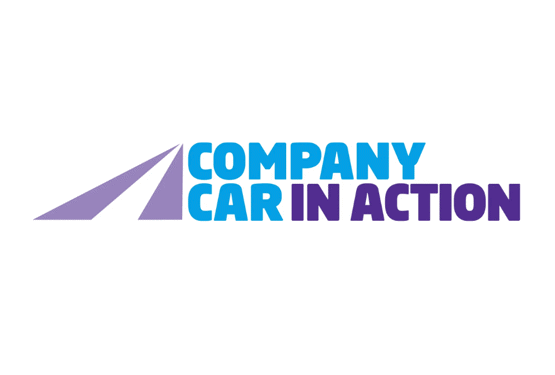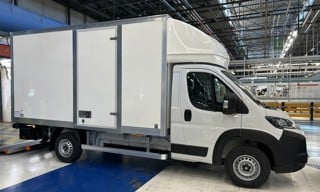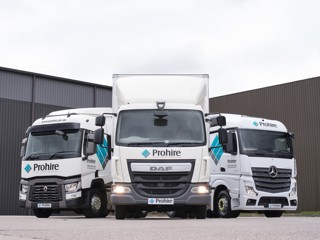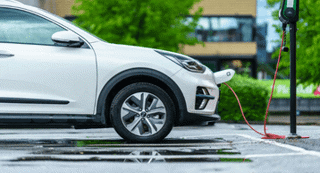The majority of UK employers – just over half (52%) – cite environmental targets as the major reason for implementing a salary sacrifice car scheme.
The research, from a survey of UK employers conducted by salary sacrifice car scheme provider, Tusker – also found a quarter (24%) of employers had introduced a car scheme to help offset carbon and reduce their Scope 3 emissions – the indirect emissions that stem from employee commuting and business travel.
In addition, more than two-thirds (68%) of employers said it was either ‘somewhat’ or ‘extremely’ important to be offered a CO₂ cap when choosing a provider, underlining the pressure many organisations face to evidence their climate commitments.
A new report – Driving Loyalty Through Electric Cars – from Tusker highlights how a growing number of employers are using the fleet funding method not just as a benefit for staff, but as a strategic tool to reduce carbon emissions, demonstrate environmental leadership and support environmental, social, and governance (ESG) objectives.
Separate salary sacrifice research, published in May, suggested that UK employees were choosing salary sacrifice cars to cut their tax burden.
That survey, commissioned by Venson Automotive Solutions, found that almost two-thirds (61%) of drivers who were already in, or would like to join a salary sacrifice (sal/sac) car scheme, said their primary motivation is it is a great way of reducing taxable income.
Cheryl Clements, head of business development at Tusker, said: “Organisations are under mounting pressure to demonstrate measurable progress on their sustainability targets.
“The fact that over half of employers say sustainability goals are a major reason for adopting salary sacrifice schemes shows that environmental concerns are firmly embedded in business decision-making.
“As a result, choosing benefits that support sustainability is increasingly seen as a responsible and strategic move.”
Tusker’s scheme offsets emissions from both vehicle tailpipes and grid-based EV charging to help customers deliver a more sustainable and carbon-efficient transport offering.
This is especially important for large employers or public sector bodies with established net-zero targets, says Tusker.
University Hospital Southampton, which has been running an EV salary sacrifice scheme since 2015, has already offset more than 2,500 tonnes of carbon to date.
Sophie Limb, HR project manager, explained: “We believe in offering a wide array of options that can improve staff wellbeing in some meaningful way - whether that’s physical, emotional, financial or environmental.”
Elsewhere, employers like Landsec have seen sustainability and employee engagement go hand in hand.
Following the launch of its EV scheme in 2024, Landsec reported a 26-point rise in employees feeling their benefits package met their needs.
The scheme, introduced in response to employee demand for more sustainable benefits, saw 30% of eligible staff engage in the first six months alone.
Clements concluded: “Sustainability is no longer just a corporate nice-to-have but a defining part of the employee experience.”

























Login to comment
Comments
No comments have been made yet.